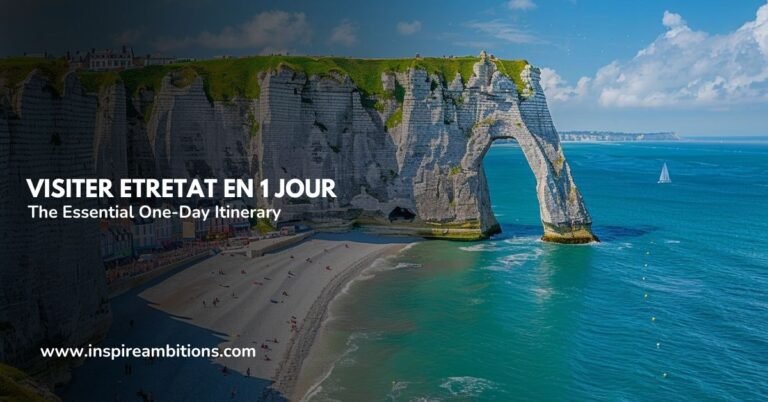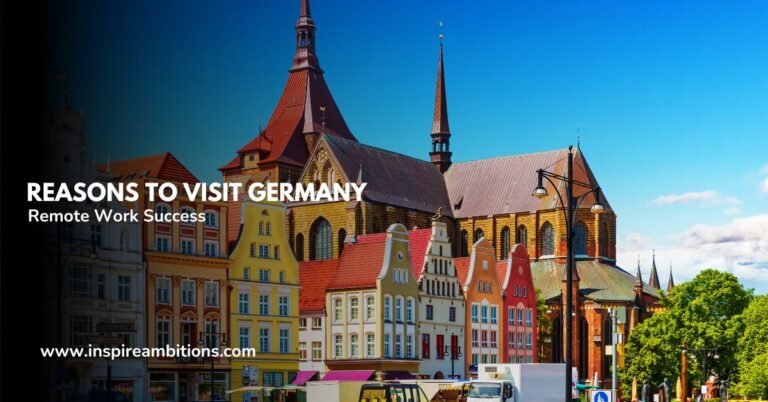イギリスとイギリスは同じですか?違いを理解する
Often stated, “Not everything is as simple as it seems,” this holds particularly true when comparing the イギリス and Great Britain.
The names sound synonymous to many and are frequently used interchangeably, yet they define two distinct entities with their unique identities and historical backgrounds. The difference is steeped in the geography, history, and politics of the British Isles.
Great Britain is the largest island, containing three countries: イングランド, Scotland, and Wales. By contrast, the United Kingdom includes all of Great Britain and encompasses Northern Ireland, which occupies part of the island of Ireland. Clarity around these terms also reflects the cultural and national identities within the region, recognizing the distinctness of each country’s heritage and administrative Union.
Are the United Kingdom and Great Britain the Same? – Key Takeaways
- Great Britain is an island, while the United Kingdom is a political entity comprising Great Britain and Northern Ireland.
- Britain often refers to the whole United Kingdom, creating common confusion.
- Understanding these distinctions is essential to recognizing the unique cultural and national identities of England, Scotland, Wales, and Northern Ireland.
歴史的進化
The historical evolution of the British Isles has been a complex journey of political and territorial changes, leading to the formation of the sovereign states known today.
Formation of the United Kingdom
の Kingdom of Great Britain was created in 1707, when the kingdoms of England and Scotland, which had been separate sovereign states with their parliaments and laws, agreed to the Acts of Union. This unification brought together not just crowns but also parliaments and administrations, establishing a single political entity.
Relation with Ireland
Initially, Ireland was not part of this political union. However, in 1801, the United Kingdom of Great Britain and Ireland was formed through another set of Acts of Union. Ireland’s inclusion was not smooth, resulting in decades of conflict and tension, culminating in the partition of Ireland in 1922. This left the Republic of Ireland as a separate sovereign nation, while Northern Ireland remained part of the United Kingdom.
現代の発展
In contemporary times, the United Kingdom continues to adapt and evolve. With Scotland, Wales, and Northern Ireland now having their devolved governments, the UK has moved towards a more decentralized system. Each country within the UK has gained varying levels of autonomy while still being part of the overarching British sovereign state.
Geographical Distinction
Understanding the differences between Great Britain and the United Kingdom begins with comprehending their geographical identities. Each term encompasses distinct areas with specific geopolitical and geographic implications.
Island Definitions
イギリス です geographic term referring to the largest island in the British Isles, lying northwest of Continental Europe. It comprises the countries of イングランド, Scotland、 そして Wales. Geographic boundaries include the North Sea to the east and the English Channel to the south, separating it from フランス. Other islands, such as the Isle of Wight そしてその Isle of Man, are not part of Great Britain, whereas Brittany is a region in northwest France unrelated to the British Isles.
Geopolitical Borders
As a geopolitical term, the United Kingdom (UK) represents the political Union that includes all of Great Britain and the northeast part of the island of Ireland, specifically Northern Ireland. The UK also possesses a number of British Overseas Territories, which are not part of Great Britain but are under British sovereignty.
These territories include バミューダ、 Cayman Islands、 Falkland Islands、 そして Gibraltar, each located in various parts of the globe. The UK’s geopolitical reach extends beyond the geographic confines of Great Britain.
Political and Administrative Framework
The United Kingdom (UK) is a complex political entity where governance structure and autonomy play crucial roles. Understanding how power is allocated and exercised within the UK is essential in distinguishing it from Great Britain.
政府の構造
の UK Parliament, based in ロンドン, serves as the country’s supreme legislative body. This sovereign state comprises four countries: イングランド, Scotland, Wales、 そして Northern Ireland. The UK operates under a constitutional monarchy, with the Crown symbolizing the head of state, a position currently held by Queen Elizabeth II, and the elected Parliament managing government affairs.
の Union Jack, the flag of the UK, represents this unity. British government functions within this parliamentary framework, featuring two houses: the House of Commons and the House of Lords.
- House of Commons: Elected members known as Members of Parliament (MPs).
- House of Lords: Appointed members, including life peers, bishops, and hereditary peers.
の UK Parliament is responsible for national policies, international relations, and governance matters, including engagements with the United Nations そしてその Commonwealth of Nations.
Autonomy and Dependencies
Regions within the UK, specifically Scotland, Wales、 そして Northern Ireland, maintain a degree of autonomy through their devolved governments. Each has a parliament or assembly responsible for various domestic policies, such as education and health, yet remaining part of the UK’s political system.
- Scottish Parliament
- Welsh Senedd
- Northern Ireland Assembly
Furthermore, the UK is intricately connected to several external territories. The British Overseas Territories are under the British Crown‘s jurisdiction but operate with internal self-governance. These territories differ significantly from the four constituent countries of the UK.
旅行 between the UK’s four countries typically involves minimal border controls; however, 旅行 to overseas territories usually requires a passport, reflecting their distinct status. The external territories showcase the UK’s historical reach and the complexity of its political landscape. Their unique flags and governance systems witness the UK’s expansive and varied 構造.
Cultural and National Identity
Understanding the cultural and national identity within the United Kingdom is crucial in distinguishing the nuances between the UK and Great Britain. The official names, symbols, and regional divides are pivotal in shaping the 文化的景観.
Symbols and Flags
Union Jack: Often considered a symbol of unity and national identity, the Union Jack is the official flag of the United Kingdom, encompassing the crosses of the patron saints of England, Scotland, and Wales. Its design represents the amalgamation of these nations under one sovereign rule. Smaller symbols and flags, such as Wales’ dragon or Scotland’s Saltire, maintain regional identity within the greater British context.
- Crown: The Crown carries significant weight in British symbolism, denoting power, authority, and tradition. It is an emblem embedded in official documents, crests, and the nation’s psyche, often directly associated with the monarchy and the state.
- Welsh: The Welsh identity is particularly distinctive, with its language, traditions, and a flag bearing the iconic red dragon, representing Wales as a separate entity within the UK.
- Flag of Skye and the Isles of Scilly: These small islands have their local flags, highlighting the diversity across the UK. Skye’s flag features a Nordic cross, hinting at Viking heritage, while the Isles of Scilly bear a ship and shield – a nod to their maritime history.
Cultural Regions
The United Kingdom is a mosaic of cultural regions, each with a distinct sense of identity forged over centuries.
- British: The term British encompasses the collective identity of people from the UK, but within Britain, regional identities remain strong. The contrast in customs, languages, and social norms across England, Scotland, Wales, and Northern Ireland illustrates the country’s cultural plurality.
- Cultural Regions: Scotland boasts its governmental systems and traditions, while Wales maintains a language over half a million people speak. The UK’s small islands, such as Skye そしてその Isles of Scilly, contribute to the cultural diversity with their unique heritage and practices.






